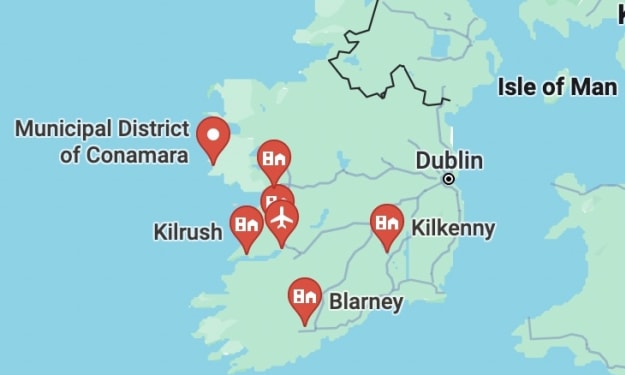"Mending the Divide"
Reconciliation and Forgiveness

In a little, divided town, settled in the midst of moving slopes and rich green woodlands, the scars of a recent electoral violence still ran deep. The once-affectionate community was now fragmented, torn apart by hatred and suspicion. But in the aftermath of the violence, a faint glimmer of hope emerged, as a few individuals and families embarked on a journey towards reconciliation and forgiveness.
At the heart of the story were two families, the Nimleydees and the Kolubahs, who had been companions for ages. Their youngsters had played together, and they had praised each other's delights and upheld each other in the midst of distress. In any case, the political environment had transformed them into severe foes during the last political race.
The Nimleydees were staunch supporters of one political party, while the Kolubahs were equally devoted to the opposition. As Election Day neared, tensions escalated, and soon, peaceful rallies turned into violent clashes. Friendships dissolved, and a once peaceful town became a battleground.
One night, as the sun cast long shadows across the still-scarred town square, an unforeseen gathering happened. It was Derbee Nimleydee, the oldest of the Nimleydee family, who ventured out. He moved toward Korpu Kolubah, the matron of the Kolubah family, who was perched on a seat, gazing at the statue of Peace, the symbol of non-violence, the image of peacefulness.
“Korpu," Derbee started reluctantly, "I can't take this any longer. Our kids have grown up loathing one another, and our families are destroyed. It's the ideal opportunity for us to find a way back to the status quo."
Korpu took a gander at him, her eyes loaded up with tears, and gestured in understanding. "You're correct, Derbee. I miss the days when our kids played together cool as a cucumber."
The two families decided to meet, not as political adversaries but as friends who had shared a lifetime of memories. It was awkward at first, with uncomfortable silences and strained smiles, but gradually, the barriers began to crumble. They shared stories of their children's antics, of picnics in the forest, and of the many festivals they had celebrated together.
As the weeks passed, the Nimleydees and the Kolubahs began attending community healing sessions led by a wise old man named Gbanja. He encouraged them to open their hearts and express their pain and anger openly. It was painful, but as they listened to each other's stories of loss and suffering, a deeper understanding began to emerge.
One day, a young boy named Arkoi, whose father had been a casualty of the violence, approached Derbee. He had lost his mother too and had been living with his grandparents ever since.
Korpu reached out and touched Derbee's hand. "Arkoi was like a son to me too, Derbee. I prayed for his recovery every day."
"Aunty Derbee," Arkoi said, his voice trembling, "I miss my parents. I want things to be like they used to be."
Derbee knelt down and hugged Arkoi tightly. "We all miss the way things were, Arkoi. But we can make things better for the future."
The Nimleydee and Kolubah families took Arkoi in, and he became like a son to both of them. It was a symbol of hope, a testament to the power of forgiveness and reconciliation.
As the next election season approached, the town faced a choice. The Nimleydees and the Kolubahs, once bitter political adversaries, decided to stand together as a united front, advocating for peace and harmony. They organized rallies that promoted unity rather than division, and they encouraged others in the community to do the same.
On Election Day, the town witnessed a different kind of gathering at the same town square that had seen violence in the past. People from all backgrounds came together, lighting candles for peace and unity. There were no clashes, no hatred, only a shared commitment to a better future.
The electoral results came in, and while the Nimleydees and Kolubahs didn't win, they had achieved something far more valuable: the reconciliation of their town and the restoration of their friendship. The wounds of the past would never fully heal, but they were no longer festering sores. They were scars, reminders of the journey toward forgiveness and the power of unity.
In the end, "Mending the Divide" was not just the story of two families but a testament to the resilience of humanity, a reminder that even in the darkest times, forgiveness and reconciliation were possible, and that love, and friendship could conquer hate and division.
About the Creator
Glenn P. Washington
I am a writer that focuses on true storytelling. I capture the happenings in my country. I might be appealing — but here, I am a writer, turning moments into multiverses and making sure the world hears me out of them.






Comments
There are no comments for this story
Be the first to respond and start the conversation.